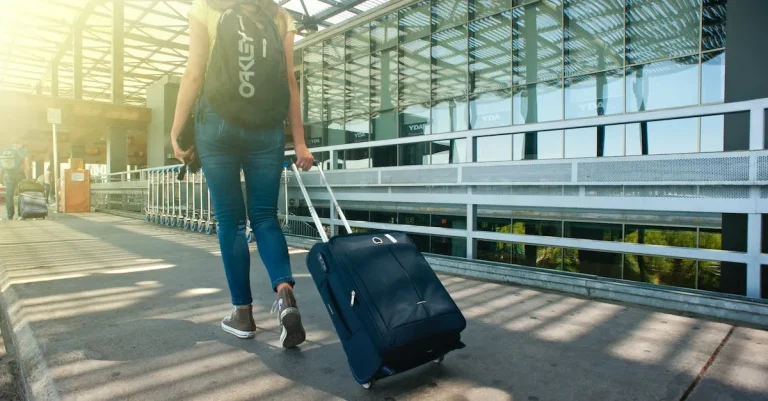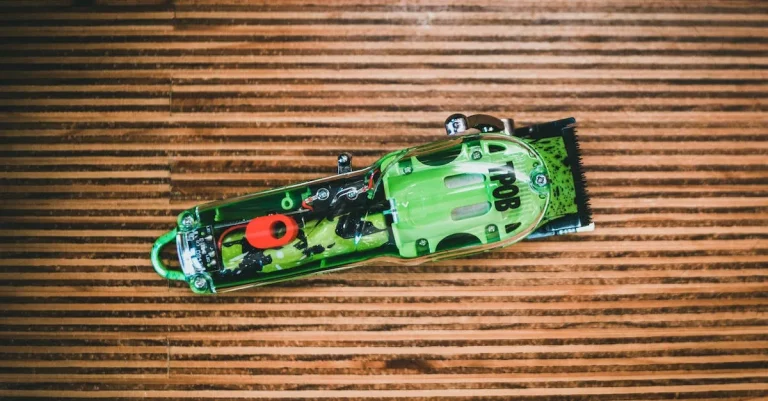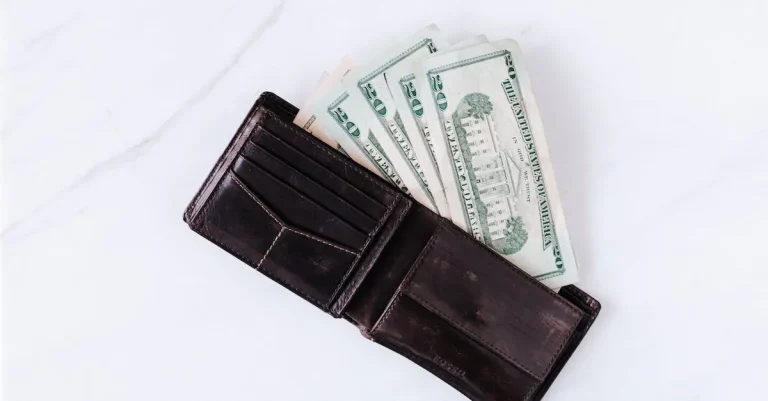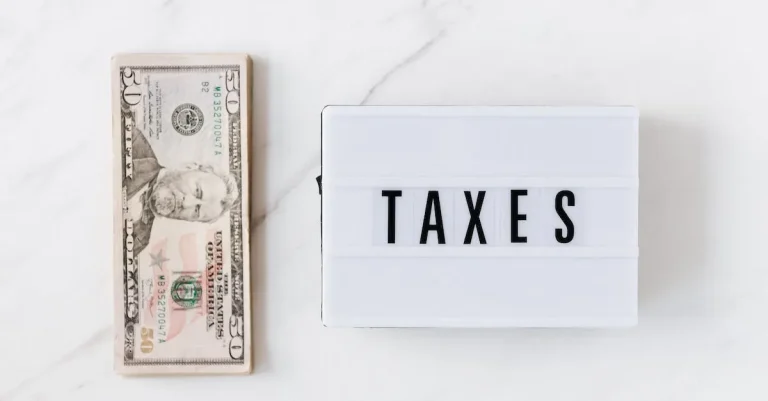Iceland’s nightlife and bar scene entice visitors from around the world. But before indulging, it’s important to understand Iceland’s drinking age laws.
If you’re wondering what the legal drinking age is in Iceland, you’re not alone.
If you’re short on time, here’s a quick answer:
In this comprehensive guide, we’ll explore Iceland’s drinking age limits, purchase and possession laws, cultural attitudes, and ongoing debates over restrictions for 18-20-year-olds.
An Overview of Drinking Age Laws in Iceland
In Iceland, the legal purchase and consumption age for alcoholic beverages is 20 years old.
This means that individuals must be at least 20 years old in order to buy alcohol or consume it in public places such as bars, restaurants, and clubs.
The legal drinking age is strictly enforced and failure to comply with this law can result in fines or other legal consequences.
Legal purchase and consumption age of 20
The legal drinking age of 20 in Iceland is higher compared to many other countries around the world.
This decision was made in an effort to promote responsible drinking habits and reduce alcohol-related harm among young people.
By setting the drinking age at 20, the government aims to ensure that individuals have reached a certain level of maturity before they engage in alcohol consumption.
It is important to note that the legal drinking age applies to all types of alcoholic beverages, including beer, wine, and spirits.
This means that individuals under the age of 20 are prohibited from buying or consuming any form of alcohol, regardless of its alcohol content.
Restrictions for those under 20
Individuals under the age of 20 in Iceland are subject to certain restrictions when it comes to alcohol.
They are not allowed to enter bars, clubs, or other establishments where alcohol is served, unless they are accompanied by a parent or legal guardian.
Additionally, it is illegal for anyone under the age of 20 to attempt to purchase alcohol or to consume it in public places.
The government of Iceland takes underage drinking very seriously and has implemented strict measures to prevent it.
There are regular checks and inspections conducted by authorities to ensure compliance with the drinking age laws.
Retailers and establishments that sell alcohol are required to ask for identification from anyone who appears to be under the age of 25 to verify their age.
It is worth noting that the drinking age laws in Iceland have sparked some controversy and debate. Some argue that the legal drinking age should be lowered to 18, aligning it with other countries in Europe.
Others believe that the current age limit is necessary to protect young people from the potential risks and harms associated with alcohol consumption.
Purchase and Possession Laws
Purchasing alcohol under 20
In Iceland, the legal drinking age is 20 years old. This means that individuals under the age of 20 are prohibited from purchasing alcohol.
Retailers are required to ask for identification from anyone who appears to be under the age of 25, and failure to comply with these regulations can result in hefty fines and potential loss of license.
It is important to note that these laws are in place to protect the health and well-being of young people.
Research has shown that the brain continues to develop until the age of 25, and consuming alcohol at a young age can have long-term negative effects on cognitive function and overall development.
By setting the legal drinking age at 20, Iceland aims to promote responsible alcohol consumption and reduce the potential harm to young individuals.
Drinking privately vs. publicly
While the legal drinking age in Iceland is 20, it is important to understand that this applies to the purchase and possession of alcohol.
The laws regarding the consumption of alcohol in private settings, such as one’s own home or at a private party, are less strict.
Individuals under the age of 20 can consume alcohol in these settings with the permission and supervision of their parents or legal guardians.
However, it is illegal for individuals under the age of 20 to consume alcohol in public places, such as bars, clubs, or restaurants.
This is strictly enforced by the authorities, and individuals found to be in violation of this law can face legal consequences.
It is also worth mentioning that Iceland has a strong drinking culture, with alcohol playing a significant role in social gatherings and celebrations.
However, the government has taken steps to address the potential negative impact of excessive alcohol consumption by implementing regulations and restrictions.
Enforcement and Punishments
When it comes to enforcing the legal drinking age in Iceland, authorities take the matter seriously. The government has implemented strict measures to ensure that the laws are followed and underage drinking is minimized.
Violating the drinking age laws can result in fines and other penalties that serve as deterrents for both individuals and establishments.
Fines and penalties
The penalties for supplying alcohol to underage individuals can include fines and even imprisonment, especially if the act is deemed as reckless and puts the safety of minors at risk.
Establishments that serve alcohol to underage customers may also face fines or have their liquor licenses revoked.
Selling to minors
The Icelandic authorities have implemented strict regulations to prevent the sale of alcohol to minors.
Licensed establishments are required to check the identification of customers who appear to be under the legal drinking age.
Failure to comply with these regulations can result in severe consequences.
It is worth noting that the legal drinking age in Iceland is 20 years old, which is slightly higher than in many other countries. This age limit is in place to protect the health and well-being of young individuals.
The strict enforcement of these laws is a testament to the government’s commitment to ensuring the safety of its citizens, particularly its youth.
This website contains valuable information regarding alcohol regulations and resources for individuals seeking help with alcohol-related issues.
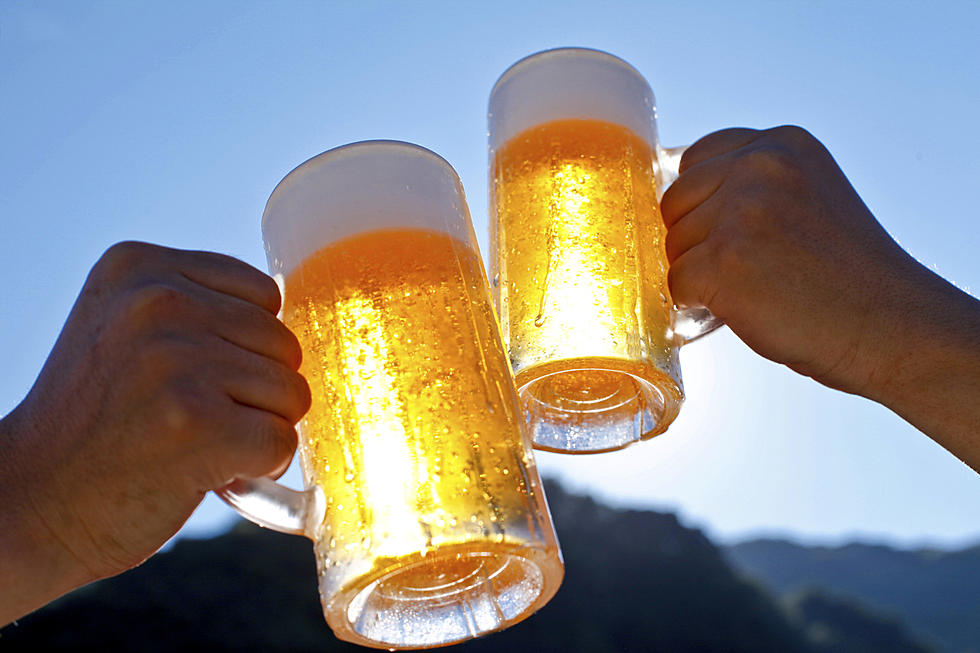
Cultural Attitudes Toward Alcohol
Iceland has a unique cultural attitude toward alcohol, which sets it apart from many other countries.
While some nations have strict regulations and conservative views on drinking, Iceland has a more relaxed approach when it comes to alcohol consumption.
Relaxed views compared to other countries
Compared to countries with stricter alcohol laws, Iceland has a more lenient stance.
The legal drinking age in Iceland is 20 years old, which is lower than the United States, where it is typically 21.
This difference reflects the more permissive attitude towards young adults consuming alcohol in Iceland.
Additionally, it is common for children in Iceland to be introduced to alcohol at a young age, under parental supervision.
This practice is seen as a way to educate children about responsible drinking and to remove the allure and taboo associated with alcohol.
While this approach may seem surprising to outsiders, it has become deeply ingrained in Icelandic culture.
Furthermore, Icelanders have a long-standing tradition of drinking during special occasions, such as festivals, holidays, and family gatherings.
Alcohol is often seen as a social lubricant and a way to enhance celebrations.
This cultural acceptance of alcohol consumption contributes to the relaxed attitudes towards drinking in Iceland.
Binge drinking concerns
Despite the more relaxed cultural attitudes towards alcohol, Iceland does face concerns about binge drinking.
Binge drinking, defined as consuming a large amount of alcohol in a short period, is a prevalent issue in many countries, and Iceland is no exception.
This alarming trend has caused concern among policymakers and health professionals.
In response to this issue, various initiatives have been implemented to address and reduce binge drinking in Iceland.
These initiatives include educational campaigns, stricter regulations on alcohol advertising and availability, and increased support for addiction treatment programs.
The aim is to create a healthier drinking culture and promote responsible alcohol consumption among young Icelanders.
Debates Over Lowering the Drinking Age
Arguments for keeping age at 20
The legal drinking age in Iceland is currently set at 20 years old, and there are several arguments in favor of keeping it at this age. One of the main reasons is the concern for public health and safety.
Advocates for maintaining the age at 20 argue that allowing younger individuals to consume alcohol could lead to an increase in alcohol-related accidents and health problems.
They believe that at the age of 20, individuals are more likely to have developed better decision-making skills and are less prone to engage in risky behaviors.
Another argument is that setting the drinking age at 20 helps to prevent underage drinking and its associated problems.
By keeping the age at 20, it becomes easier to enforce the law and ensure that alcohol is not being consumed by those who are not of legal age.
This helps to protect younger individuals from the potential negative consequences of alcohol consumption, such as impaired judgment, addiction, and academic performance issues.
Furthermore, proponents of keeping the drinking age at 20 emphasize the importance of maturity and responsibility.
They believe that by the age of 20, individuals are more likely to have a better understanding of the potential risks and consequences of alcohol consumption.
This increased maturity and responsibility can contribute to safer drinking habits and reduced alcohol-related incidents.
Conclusion
As a popular tourist destination, it’s helpful for travelers to Iceland to understand the country’s drinking age laws before visiting.
While cultural attitudes may be more relaxed than elsewhere, legal purchase and consumption age remains 20.
Ongoing debates continue over potential changes to these long-standing restrictions for young adults.


